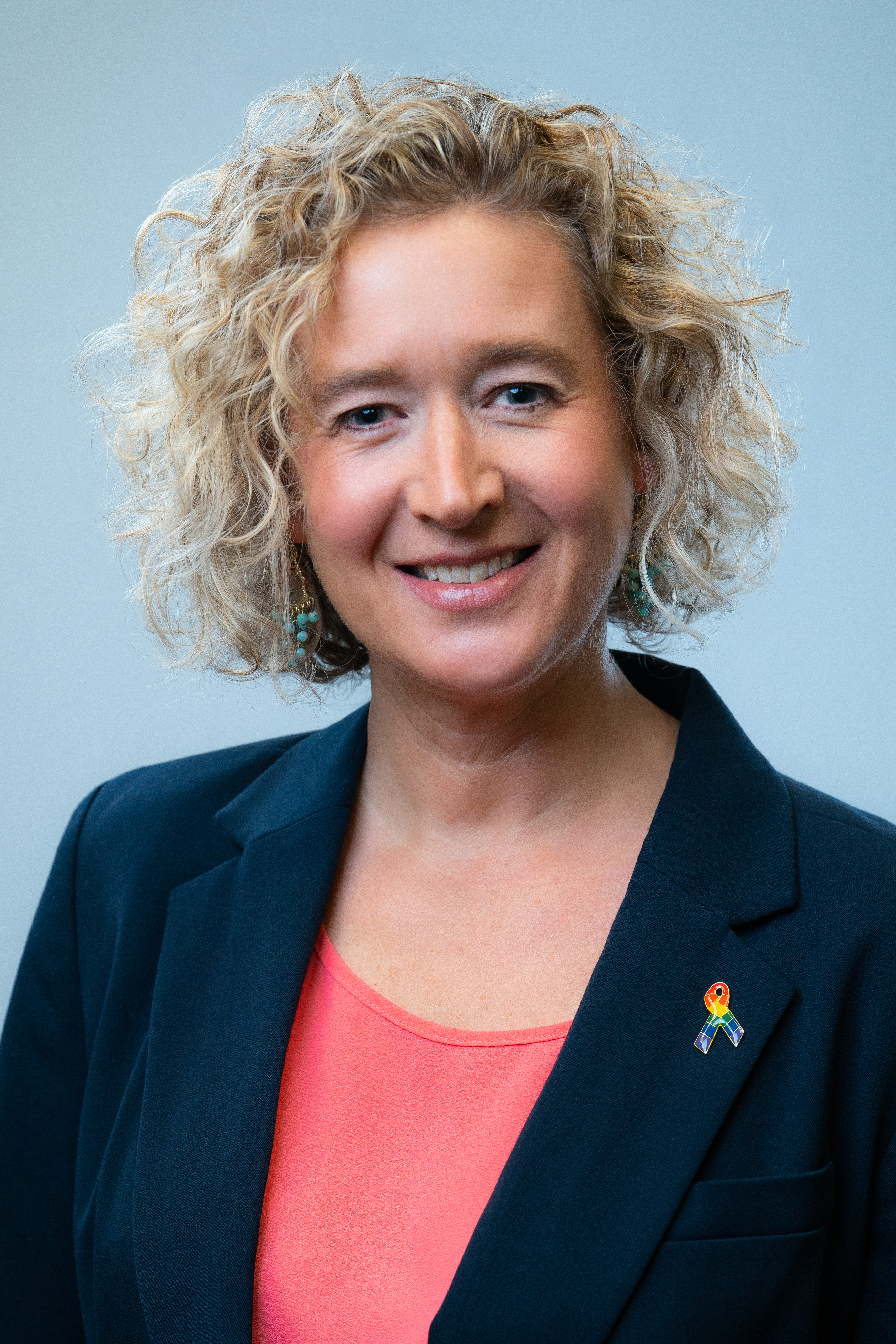Cancer and its treatments can affect a patient’s body in many ways, including sexual function. However, the historical evidence base is focused on cisgender men and their sexual health post-cancer treatment, with sexual health of women and LGBTQIA+ patients largely ignored. I, and many others, are working to change these disparities in research and practice.

My clinical work as a nurse practitioner in the James Cancer Hospital survivorship clinics at the Ohio State University, specializing in women’s pelvic health after treatment, complements my research interests and keeps me grounded in survivors’ needs. Each day in the clinic, I actively see the negative effects of cancer treatment on women’s bodies, sexuality, and emotional health, which fuels my passion to improve women’s sexual health, relationships, and quality of life. Women value their sexual function and intimate ability no matter their age, cancer type, or partner status, but our culture often overlooks women’s sexual health.
In my current study, my research team is investigating pelvic and sexual health changes in women initiating pelvic radiation for gynecologic or lower gastrointestinal cancer. We are looking at changes in patient-reported outcomes, vaginal health, and vaginal microbiome over the course of their cancer journey using noninvasively collected biomarker samples to predict who will experience genitourinary treatment toxicity. By characterizing relationships between biopsychosocial variables over time, we may be able to anticipate and potentially prevent those toxicities and improve pelvic and sexual health symptoms and quality of life for survivors.
My other research interest is cancer health equity and serving the LGBTQIA+ community. Using a community-engaged research approach, I hope to improve breast/chest cancer care delivery for LGBTQIA+ people. Cancer treatments can have a significant effect on any person’s body image and sexual function, but LGBTQIA+ patients experience it in unique ways.
For our current study to learn about the breast/chest cancer experience for LGBTQIA+ patients, we conducted in-depth interviews with survivors, support people, and breast cancer clinicians. The data revealed variability in clinicians’ training, experiences, and comfort level in providing LGBTQIA+ cancer care. Through our conversations with LGBTQIA+ breast/chest cancer survivors, gaps in care boiled down to five themes:
- Training in care of LGBTQIA+ people
- Disclosing patient sexual orientation and gender identity
- Disclosing and involving support person(s)
- Support services and resources for patients, families, and clinicians
- Dating, body image, and sexual function
In addition to my qualitative research on this important topic, I coauthored a commentary about gaps in care for gay and bisexual men with prostate cancer. Healthcare providers need legislation changes as well as culturally sensitive training. My research also involves underserved support services and perceived discrimination among transgender and nonbinary patients and women of color. More research is needed to help us understand the effects of cancer treatment on underserved populations’ sexual health and intimacy.
Oncology nurses are in the perfect position to address sexual health after a cancer diagnosis. We not only have expertise in clinical assessment and patient education, but we also have excellent rapport building skills that make us trusted healthcare providers. Bober et al. is a great resource for healthcare providers to learn through models and checklists about approaching cancer survivors’ sexual health.
I hope that my research raises awareness abouts the sexual health effects of cancer treatment and empowers clinicians and survivors to effectively address it. Sexual health and intimacy after cancer treatment are multifaceted, and I hope that my research identifies psychosocial interventions and teases apart the underlying molecular mechanisms of sexual implications.






